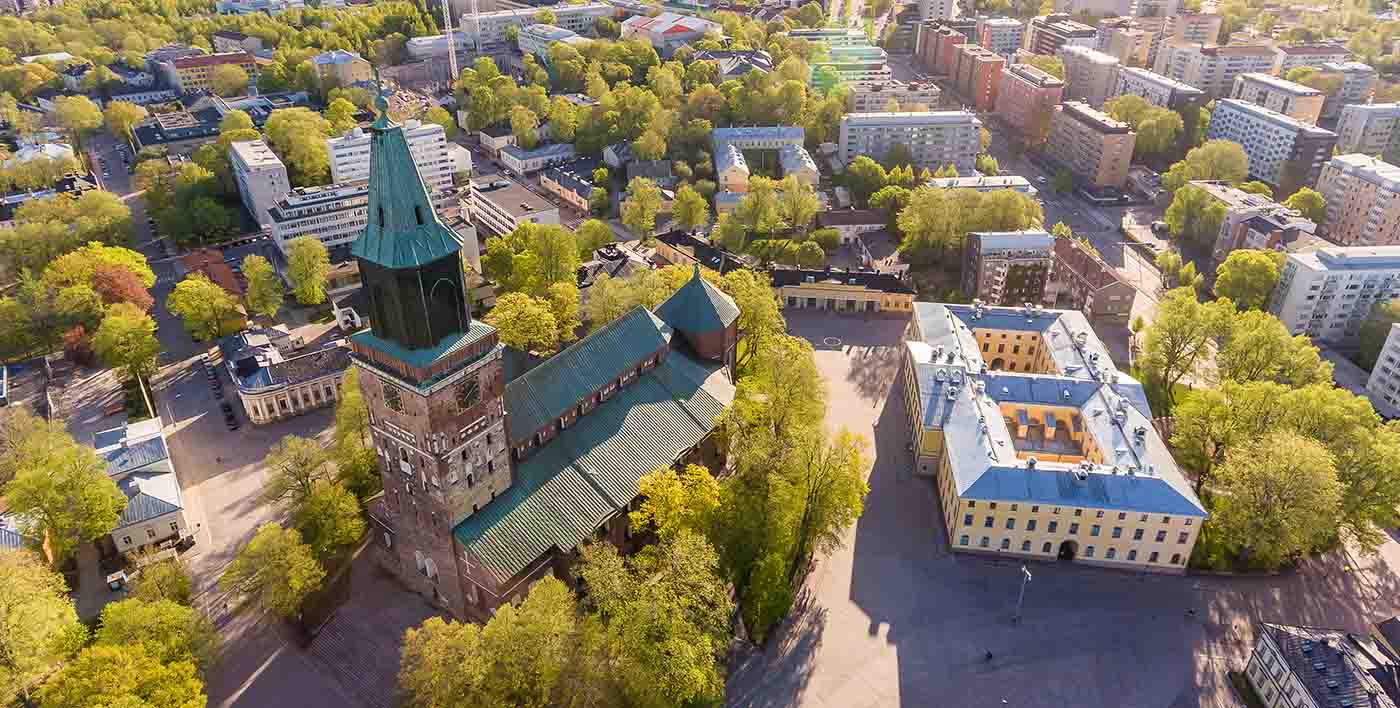Language ideologies of Gen Z: Language making as a textual performance
Language ideologies of Gen Z: Language making as a textual performance (Kiera) is a three-year reasearch project funded by the Emil Aaltonen Foundation. The goal of the project is to produce knowledge on the state of the Finnish language reserve from the perspective of language making. The concept of Language Making (Krämer et al. 2022) encompasses various on-going processes – ie. ideological, political or economical – that are often not conscious. Languages are made first and foremost as imaginary entities which are differentiated and deliniated from other imaginary languages and varieties.
The project utilizes exceptional data to understand language ideologies of Gen Z: we analyze essay texts (N = 27 141) from the compulsory Finnish mother tongue essay test in the Finnish matriculation examination in spring 2022 where the candidates were asked to reflect on their views on multilingualism, Finnish and other languages, and learning languages. The data in electronic form opens up a cross section view of a generation of candidates’ way of conceiving and evaluating languages and language skills.
We approach the candidate essays as textual performances, which reflect the candidates’ understanding of the societal valuations, while making visible also global language ideologies and hierarchies associated with languages.
The project reinforces the field of linguistics in Finland by bringing the framework of Language Making as part of research on language ideologies. The results of the project anticipate, in accordance with The Strategy for the National Languages of Finland, future language situations and serve Finnish language education policy and education providers.
Project leader: Hanna Lantto, hanna.lantto@utu.fi
Research team: Maarit Berg, Riikka Iso-Ahola, Leena Kolehmainen, Saara Pietinen ja Sara Routarinne
Funding: Emil Aaltonen Foundation 2023–2026
Krämer, P., Vogl, U., & Kolehmainen, L. (2022). What is “Language Making”?. International Journal of the Sociology of Language, 2022(274), 1-27.
